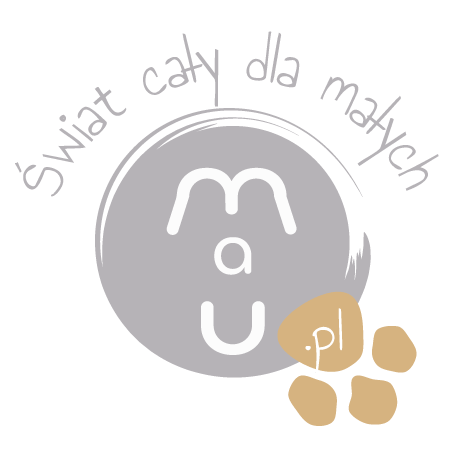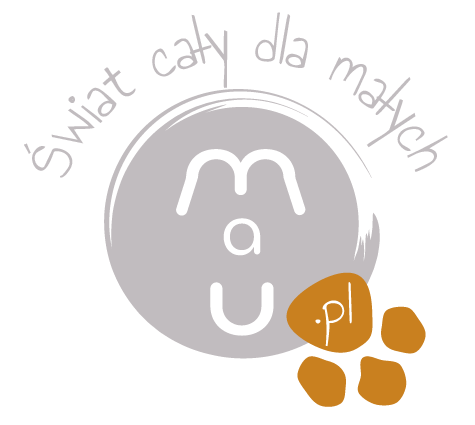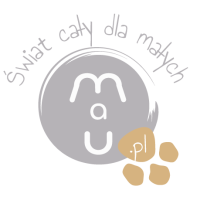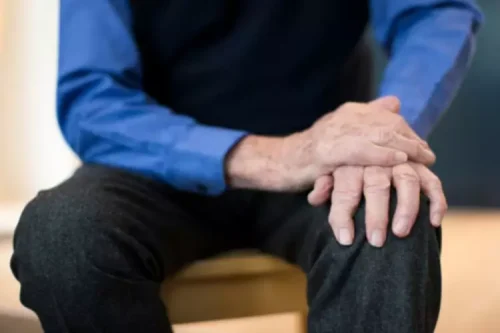
As soon as they get drunk, the feedback system between the brain and glands gets slowed, due to which they start to feel good. It was found that people who experienced depression, anxiety, and loneliness got drunk to overcome these issues. Another possible reason why people get drunk so easily is the easy availability of booze.
Emotional Imbalance

But there is something called the motivational model of alcohol use that argues we drink because we expect a change in how we feel after we do. Originally developed to help treat alcohol dependence, the ideas described in the model led to a new understanding of what motivates people to drink. Finding suitable replacements for alcohol as a coping skill can be helpful even if abstinence is not our goal. Enjoying a drink feels different than needing a drink to tolerate a painful or difficult experience. Also, our brain’s ability to adjust to novel situations relies on repeated exposure with positive outcomes. Dulling our learning centers with a sedative like alcohol makes it much harder to rewire our brains and improve our confidence and comfort in new situations.
What The Research Says About Alcohol and Aggression
Another major factor in alcohol’s appeal is its ability to provide temporary escape and disinhibition. After a stressful week, some may look forward to “taking the edge off” with a few drinks. Different alcoholic drinks feature their own distinct flavors, smells and mouthfeels.
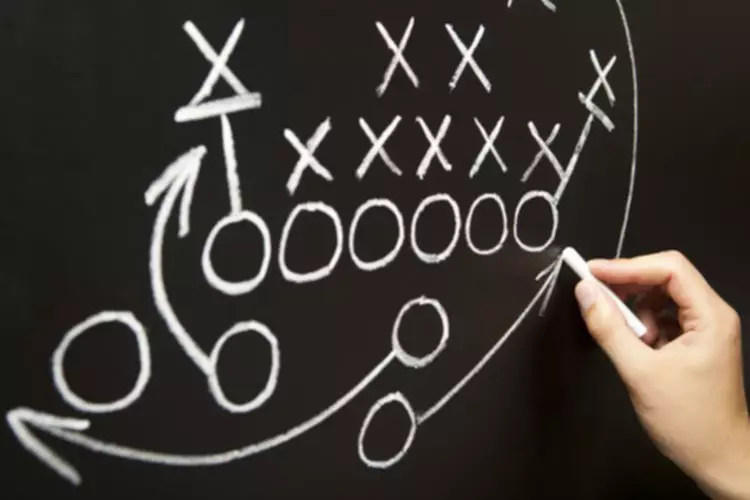
Why Do People Drink?
- You may also pass out or lose control of your bodily functions.
- It could also be that you’re developing a tolerance for alcohol’s effects and it’s taking more and more to make you feel loose and euphoric like you did in the past.
- Research has found a strong link between intoxication, alcohol dependency, and suicide.
Over a night of heavy drinking, you might pass through several stages of intoxication as your body breaks down the chemicals in your blood and changes the balance in your body. Because alcohol is soluble in water, it passes in a few hours in most cases. More precisely, the model assumes people drink to increase positive feelings or decrease negative ones. They’re also motivated by internal rewards such as enhancement of a desired personal emotional state, or by external rewards such as social approval. According to Dr. Andrew Huberman, there’s a small subset of people who perceive no negative effects from drinking, including hangovers and decreased mood.
These are the people who will sip a glass of champagne for a toast, or keep a wine in their hand to avoid feeling different from the drinkers around them. All other factors—such as genetics, personality or environment—are just shaping our drinking motives, according to this model. That is, they’re the gateway through which all these what does being drunk feel like other influences are channelled. Now let’s take a closer look at the reasons people drink. Many cite their increased use as a cause for concern but are struggling to cut back despite their awareness of alcohol’s negative effects on their physical and mental health.
All participants reported both stimulation and sedation effects on the BAES during this session. We saw the expected subjective effects of alcohol on the DEQ, with significant increases in high, intoxication, “feeling effects,” “liking,” the drug, and “wanting more” of the drug, compared with baseline. Participants reported peak ratings of intoxication and feeling high at 25 min after the start of the infusion. Alcohol’s properties that contribute to stress relief and relaxation also make it a common coping tool for dealing with emotional pain. It provides a temporary escape from reality, allowing individuals to avoid their problems and negative emotions. Unfortunately, using alcohol in this way often leads to abuse and dependency, ultimately worsening emotional struggles.
- As an anxious, type-A individual, alcohol magically wipes my worry slate clean and allows me to do things I wouldn’t normally do, like stay out late or go to random party where I know few.
- I’ve grappled with tough feelings about this time in my life for years and finally took some concrete steps to change my relationship with alcohol in the last two.
- It may also take some of the fun away, not to mention a willingness to stay in a noisy bar as the hour grows late.
- These influences can all drive an individual’s perception and behavior around alcohol.
- But when enjoyed responsibly, it can enhance social cohesion and deepen human connection – a key part of its enduring appeal.
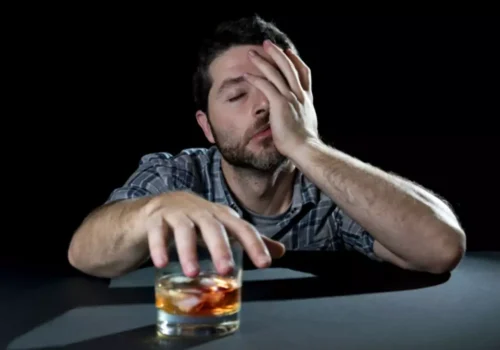
People like to get drunk because alcohol smacks your brain around in a number of ways that feel pleasant, or at least different, or at the very least better than going without. The striatum – the brain’s reward system – is responsible, not just for pleasure, but more seriously, for feelings of desire. According to Robin Dunbar, Professor of Evolutionary Psychology at the University of Oxford, alcohol has long been linked to social bonding and community engagement. While Halfway house it’s important to note that this doesn’t necessarily mean that alcohol causes these benefits, it does seem to be a contributing factor.
Social Motives
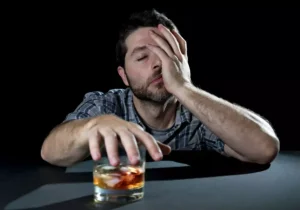
In the morning, their hands may shake and they may experience frequent heartburn. During this stage, individuals are drinking every day, usually to avoid uncomfortable withdrawal symptoms. However, many people still believe they are “functioning” because they are able to get up and go to work.



